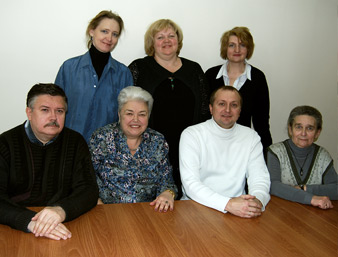
A child-adult community: implementation of collective social education ideas in education today
Shustova, Inna Yu.
[about]
Collective social education is understood as conditions for students’ development in the process of peer interaction. Organizing a collaborative activity, a teacher provides conditions to build various connections and relationships which contribute to children’s development. Collective social education implies external conditions influencing internal processes of students’ self-assertion and self-development where students realize and reveal their subjective qualities, personal initiatives, and responsibility.
One of the areas of collective social education is a child-adult community as a form of interaction between adults and children. A child-adult community may be reveal itself in a form of a class, club, team, public association, subculture group, etc. A student can be involved in various communities and manifest himself differently in each particular case. A child-adult community can be an organized child collective or a random group, forming around an interesting task or an enthusiastic adult. It may last long or just one or several days.
The 1990s in Russia witnessed significant changes in the process of social education of schoolchildren and youth: the national ideological determinant was gone; the government’s demand became rather vague; pedagogical theories of child-centered social education gained more weight. However, it is hard to imagine the process of character building and personality development without interaction with other people.




